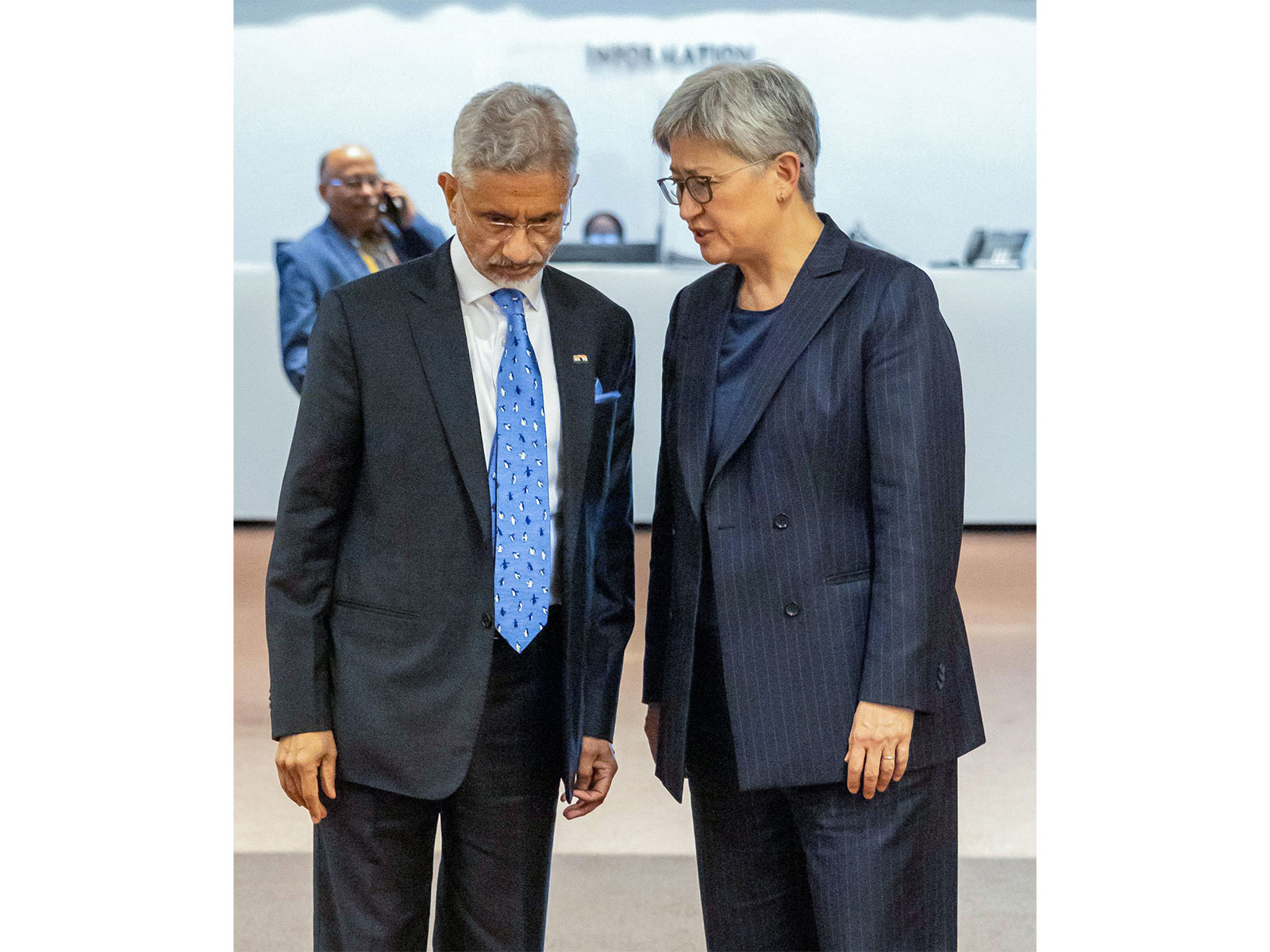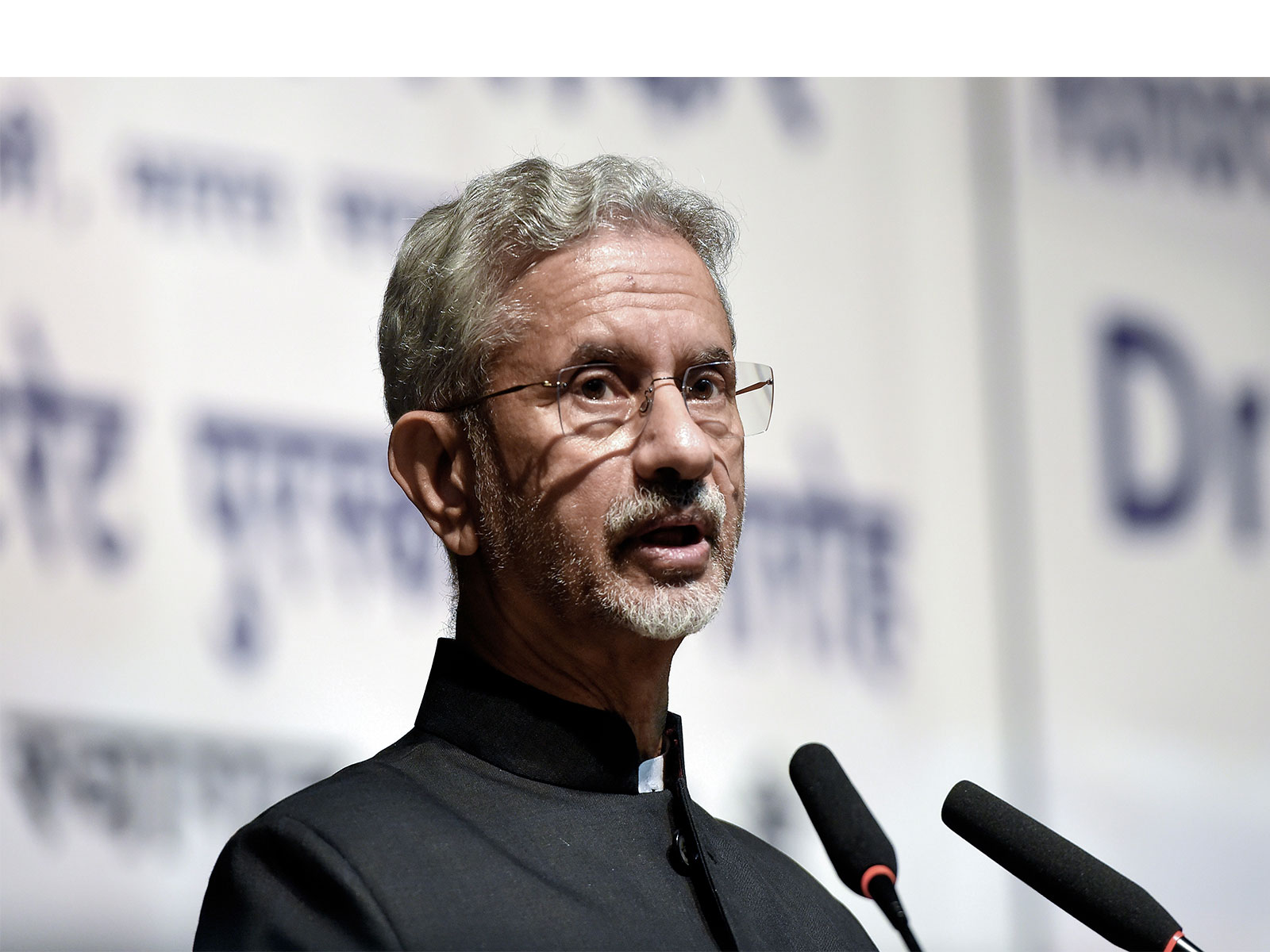Needs in Afghanistan far outstrip humanitarian response: UN report
Aug 11, 2022

Kabul [Afghanistan], August 11 : The Afghan people continue to stand in dire need of international assistance despite an ongoing humanitarian response of unprecedented scale and nature, said the United Nations Office for the Coordination of Humanitarian Affairs (UNOCHA) on Thursday.
"Today, the tragic reality is that the scale of needs in Afghanistan far outstrips the response capacity of humanitarian actors to meet them, and it will simply not be possible to move the population from a mode of surviving to thriving unless a functioning economy and banking system is restored; longer-term, more sustainable interventions are resumed; line ministries are technically capacitated; girls are officially able to return to school; and women and girls can participate meaningfully and safely in all aspects of social, political and economic life, including humanitarian work," the Humanitarian Coordinator for Afghanistan, Dr. Ramiz Alakbarov said.
At the same time, humanitarian action has been absolutely essential in keeping the Afghan people alive, maintaining basic services, and shoring up the economy at a time when no alternatives have been available.
Funding from the Afghanistan Humanitarian Fund and Central Emergency Reserve Fund has been pivotal in preventing a collapse of the health and education sectors by ensuring essential workers could continue to be paid, according to the UNOCHA.
Already this year, some 7.7 million people have benefited from sustained health services, including 3 million women and girls who have received primary, reproductive and maternal health support, contributing to reduced excess maternal, neonatal and child deaths.
Additional humanitarian assistance has been provided in the form of emergency cash which meets a range of needs - from food to shelter, water and sanitation, protection, and health - to cash for work and livelihoods support, thereby injecting much-needed liquidity into the economy.
Around 25 million people are now living in poverty, and as many as 900,000 jobs may be lost from the labour market this year as businesses struggle to stay afloat, and women and girls remain locked out of secondary school and the formal economy.
"History has shown us time and time again, that we ignore the red flags of today at tomorrow's peril," Dr. Alakbarov said. "And in Afghanistan today, the red flags are both multiple and diverse - from devastating climate projections, to an economy which hangs in the balance, and growing restrictions on women and girls which exclude them from society.
He stressed that people in Afghanistan have long experienced financial poverty, but are now increasingly condemned to a life filled with poverty of hope and aspiration. We cannot let this happen," the UN official urged.


















